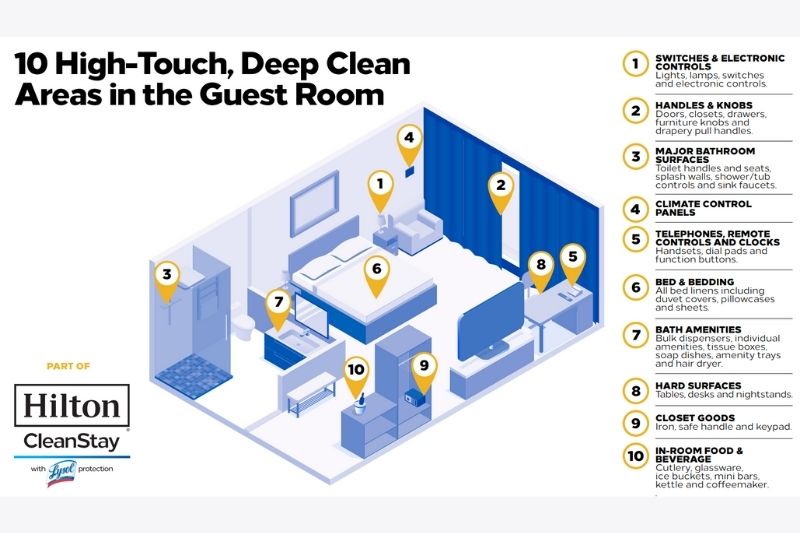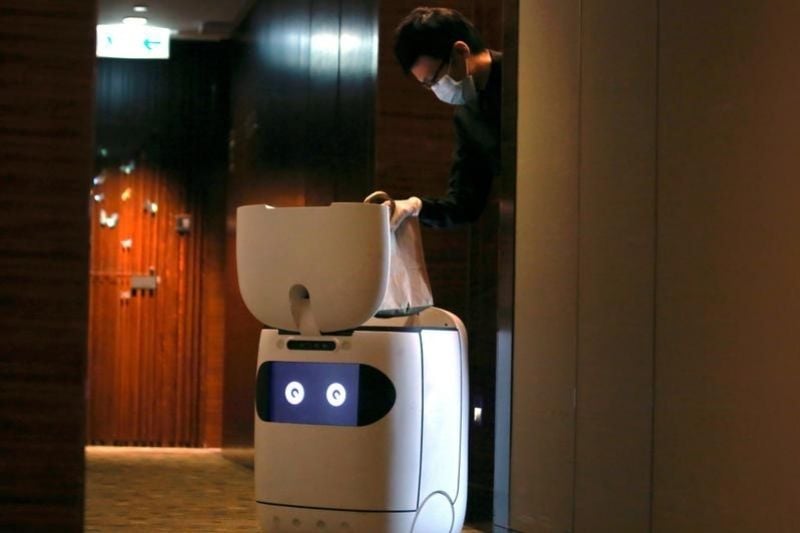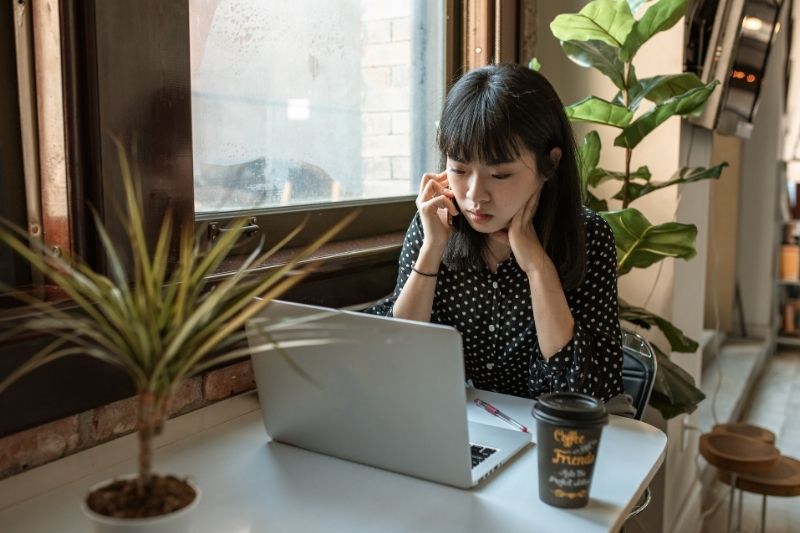Staycations alone have helped the hotel and hospitality industry generate more business in a time of global health crisis, halting international travel and hotel occupancy numbers. Here is a guide to how staycations are changing the future of the hotel and hospitality industry.
It has been over a year since the first case of Covid-19. Like many industries which have been affected negatively by this pandemic, the global hotel industry has been struck the hardest. With travel bans, mass event cancellations, and lockdown restrictions, hotels in regions such as Hong Kong, Japan, China, and Australia have experienced a decline in Q1 investment by 43% with up to 200% decrease in hotel searches and flight bookings. Because of vacancies brought on by travel and service industry bans to contain the spread of the virus, hotels are pushed to take alternative routes to generate more business. This includes the newest trend of staycations.
Staycations started as a mini getaway for those who don’t want to be stuck at home all day but do not want to leave the comfort of their city. They are a great way to spend a weekend to experience the feeling of traveling to another destination. Guests also avoid costly flights and can enjoy hotel perks through the affordable packages offered. What started as a well thought out marketing strategy to reboot the hotel industry, is now also changing how the industry operates. Here is a guide to the top four changes to the hotel and hospitality industries brought on by staycations.
1. New Reality
There is no doubt that people are becoming more health conscious and want to make sure their hotel room is fully cleaned and sanitised before booking. The hotel industry has already lost nearly US$21 billion in revenue; if a hotel is shut down for two weeks because of one positive Covid-19 case, they could face bankruptcy. This is why hotels are taking extra measures to make sure everything is hygienic and safe: Hilton just announced its collaboration with Lysol, Dettol, and Mayo Clinic to help their guests enjoy a worry-free stay. Marriott created a Cleanliness Council with experts in infection prevention and food and water safety to ensure each of their guests is healthy and safe. Because of rising health standards, more collaborations and similar ‘cleaning councils’ are expected to become a new reality. It is mutually beneficial for hotels and their guests to continue to take extra health and safety measures, regardless of a global pandemic.

2. Package Deals and Staycations
Even though hotels advertise themselves to be taking sanitary precautions, it is still not easy to persuade their guests to book a room. Through staycations, package deals, and loyalty programs, hotels can welcome both existing and new guests. Staycations in Hong Kong have helped the hotel and hospitality industry raise occupancy levels to 90%, especially during public holidays and long weekends. Currently, hotels are testing out alternative ways to appear more attractive to millennials and younger consumers; Sheraton Towers in Singapore currently offers a festive staycation which comes with a buffet for two.
3. Digital Technology
Staycations give the hotel and hospitality industry more opportunities to follow a more digital path. Besides using thermal scanners to monitor guests’ temperatures, hotels are using artificial intelligence (AI) for room service and food delivery. To reduce face-to-face interactions, L’hotel in Hong Kong now uses Genie, an AI robot to deliver meals to guests, decreasing the risk of guest-staff exposure. Hotels are also developing their own apps to allow guests to virtually check in and out of rooms or obtain more information about the hotel. Apps are especially useful for hotels to serve guests better: by implementing a digital version of room keys, or offering promotional and discount codes, app downloads are boosted. Guest engagement is very important in the industry, which is why constant updates to social media like Twitter, Instagram, and Facebook are needed to ensure guests feel relaxed and updated with a hotel and the latest health precautions they are taking.

4. Hybrid Hospitality
Another way hotels are maximising the staycation demand is to look for alternative ways to give guests a reason to stay. Besides weekend getaways, hotels are rebranding themselves as coworking spaces. With many companies implementing working from home policies, Hybrid Hospitality changes hotel’s concepts of venue and space. Utilising empty meeting rooms, lobbies, or even guest rooms, Hybrid Hospitality allows individuals to work in locations other than their home. Besides renting out spaces to provide a more productive workspace, Hybrid Hospitality also includes hosting events virtually. Fairmont Singapore is working with Encore, an event production and AV company to host multiple virtual events using Chime Live app. The collaboration also allows event planners to walk their guests around the hotel using the Contactless Event Butler, to avoid any face-to-face interaction.

Staycations give guests a chance to explore their own country through the eyes of a tourist, allowing them the novelty of experiencing what it would be like to start traveling again. From planning, to room booking, to their hotel stay, to enjoying hotel perks through package deals, staycations are changing the hotel and hospitality industry and shifting it in a new direction. The global Covid-19 pandemic was unprecedented, and the industry is learning quickly to adapt and build durability for potential new risks.

Related Articles
Hotel Staycations: The Best Weekend Breaks in Hong Kong





